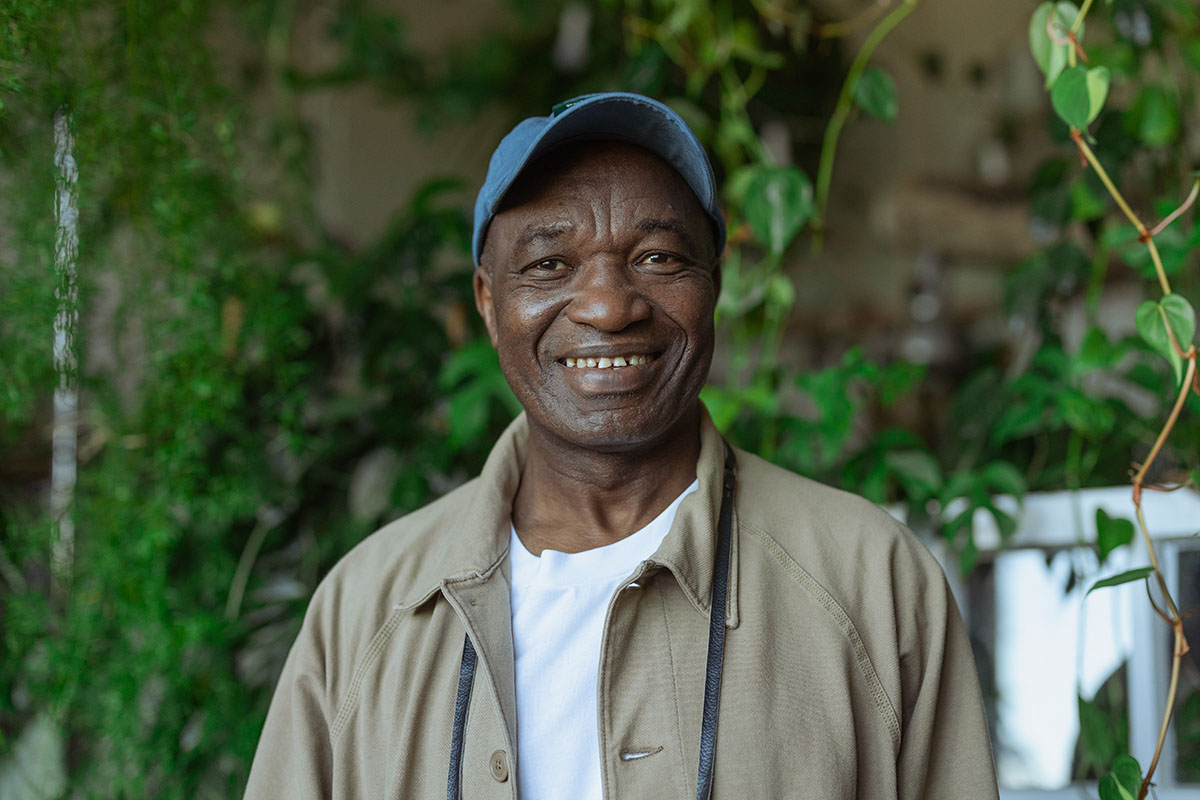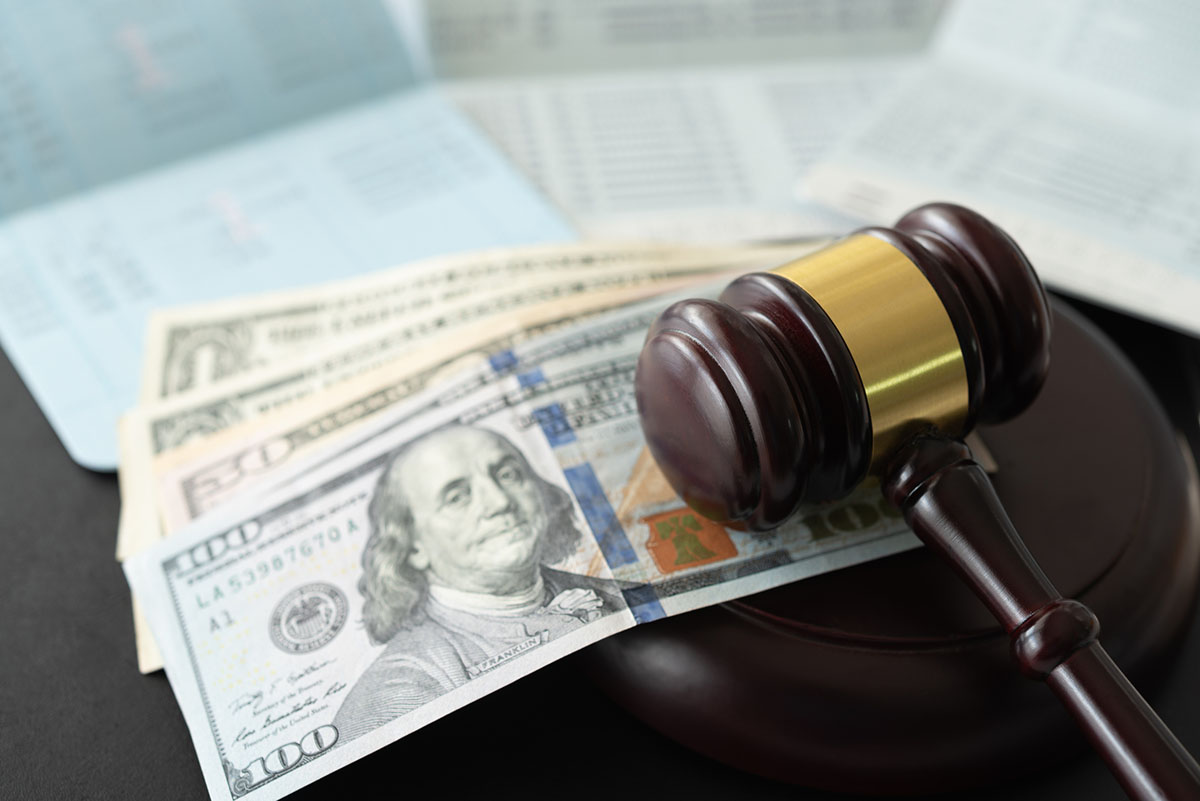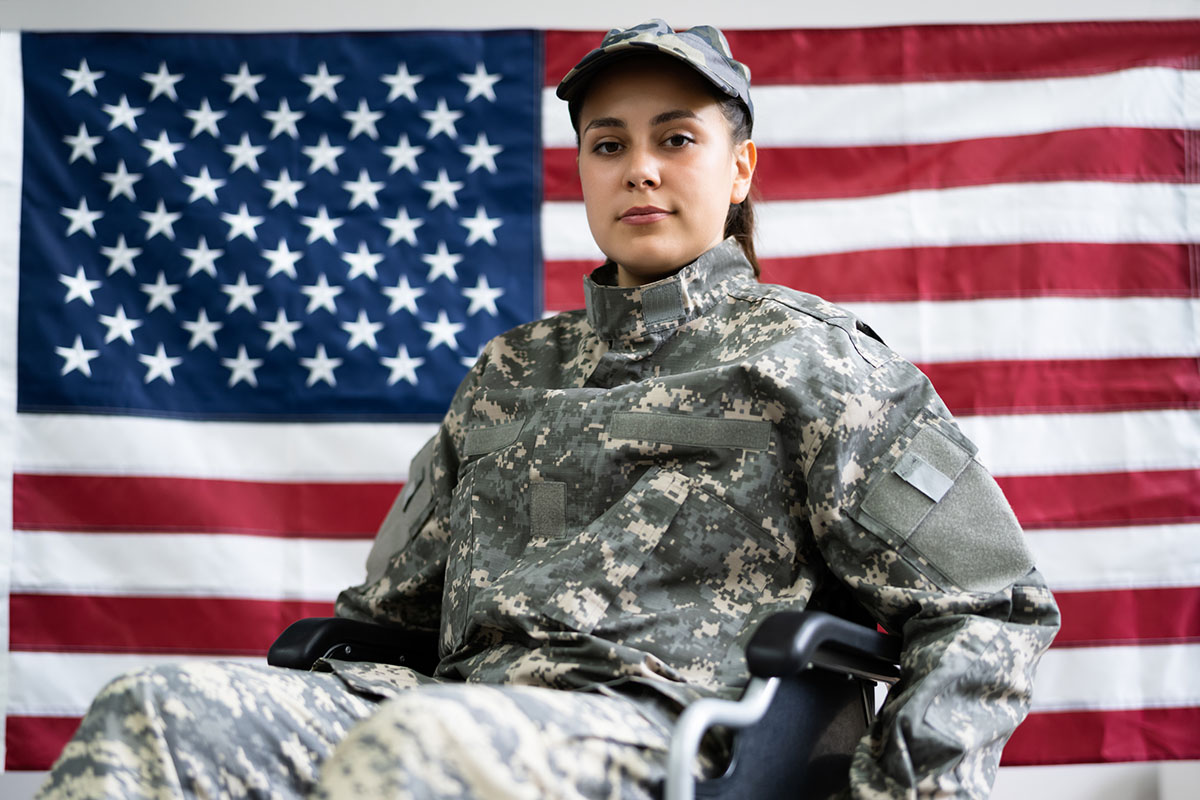Understanding VA Pension Benefits
VA pension benefits are one of many benefits offered to veterans by the federal government. Wartime veterans who meet net worth limitations may be eligible for this benefit.
VA pension benefits can also be awarded to surviving spouses and dependent children of deceased wartime veterans. Before applying for pension benefits, it’s important to understand the eligibility criteria.
What Are Veterans Pension Benefits?
Veterans pension benefits are monthly, tax-free payments made to eligible wartime veterans. This VA benefit is needs-based, and eligibility is subject to income and asset limits. To qualify for VA pension benefits, a veteran must have received any discharge other than dishonorable and have served during one of the wartime periods established by Veterans Affairs.
The process to apply for pension benefits is like filing a claim for VA disability benefits. Applicants should follow the instructions closely when preparing an application for VA pension to help ensure benefits are received as soon as possible.
Surviving spouses or disabled children of deceased wartime veterans can also be eligible for VA pension.
Who Qualifies for VA Pension Benefits?
There are a few eligibility requirements that you should follow when deciding if you can apply for VA pension benefits.
First, veterans are not eligible if they receive a dishonorable discharge. If you have a dishonorable discharge and feel you’d otherwise be entitled to this benefit, you may want to go through the process of petitioning for a discharge upgrade.
Veterans must also have wartime service to be eligible. What periods are considered wartime? According to the VA, there are specific dates signifying wartime periods from the Mexican Border period in 1916 through today.
- Mexican Border period (May 9, 1916, to April 5, 1917, for Veterans who served in Mexico, on its borders, or in adjacent waters)
- World War I (April 6, 1917, to November 11, 1918)
- World War II (December 7, 1941, to December 31, 1946)
- Korean conflict (June 27, 1950, to January 31, 1955)
- Vietnam War era (November 1, 1955, to May 7, 1975, for Veterans who served in the Republic of Vietnam during that period. August 5, 1964, to May 7, 1975, for Veterans who served outside the Republic of Vietnam.)
- Gulf War (August 2, 1990, through a future date to be set by law or presidential proclamation)
To qualify, you must also be 65 years or older, have a permanent and total disability, receive Social Security Disability, or live in a long-term care facility such as a nursing home.
Since VA pension benefits are needs-based, your net worth must be below the established maximum amount. Currently, the net worth limit is $138,489. Your net worth is your annual income and assets, including the following:
- All countable income (salary, bonuses, commissions, or tips) for you and your spouse
- Investments, stocks, and bonds
- Real estate (other than your primary residence)
- Boats
- Furniture
The final net worth amount is the total of all these items, minus debts and some medical expenses, and must fall within the net worth limitations.
Now that you’ve seen the eligibility requirements, you may wonder how much VA pension benefits pay? Pension rates change yearly due to cost of living increases and depend on a few factors such as the number of dependents. You will receive a Maximum Annual Pension Rate (MAPR) based on current VA pension rates and then subtract your total net worth to find the annual rate you will receive in pension benefits.
How Do I Apply for VA Pension Benefits?
To apply for VA pension benefits, complete the VA Form 21P-527EZ and submit it online, through the mail, or at a VA regional office.
The following information is needed to complete the application:
- Social Security number or VA file number
- Veteran’s military service history
- Financial information for family
- Work history
- Direct deposit
- Medical information
You may wish to have a VA accredited representative assist you in filing a claim for VA pension. Veterans Service Organizations (VSO) such as the VFW or DAV have experienced representatives that assist veterans with the claims process for no charge.
The Fully Developed Claim (FDC) process is available to pension applicants. The FDC allows for faster processing times by submitting a complete claim packet with all evidence at once. When submitting an FDC, you must include a statement verifying that no further evidence will accompany your claim.
If you want to start the process but need time to gather all the necessary evidence, you can submit an Intent to File, which lets the VA know that you will be completing a claim in the future. You can submit an Intent to File by completing VA Form 21-0966. The date the VA receives your notification will be locked in as a potential start date for benefits and may result in VA back pay if your claim is approved.
What Is the VA Survivors Pension?
Survivors Pension is one of the benefits for family members offered by the VA. It is a monthly benefit paid to eligible surviving spouses and dependent children of wartime veterans. There are several factors that the VA uses to determine eligibility, such as the veteran’s military service, family net worth, and marital status of survivors.
To qualify for the VA Survivors Pension, your family net worth must fall within limits set by Congress, just as it does with the Veterans Pension program. The application process is also similar, but there are a few forms specific to spouses and children that need to be included with the application. Veteran service officers can help family members apply for VA Survivors Pension if needed.
Who Qualifies for VA Survivors Pension?
Unmarried spouses of wartime veterans can apply for VA Survivors Pension if they meet the following criteria:
- Have not remarried since the veteran’s death
- The veteran served during a designated wartime period
- The veteran did not receive a dishonorable discharge
- Your annual family net worth does not exceed limits set by Congress
The requirements for Veterans Pension and Survivors Pension are similar. One difference is the additional limitation placed on Survivor Benefit Plan (SBP) Minimum Income Annuity (MIW).
In addition to surviving spouses, some children of deceased wartime veterans can receive Survivors Pension benefits. Dependent children must be unmarried and:
- Under 18 years old or
- Under 23 years old and attending a VA approved school or
- Disabled due to a condition that occurred before age 18
How To Apply for VA Survivors Pension
You can apply for the VA Survivors Pension benefit using VA Form 21P-534EZ. This form is also used to apply for Dependency and Indemnity Claim (DIC) and accrued benefits. The form can be completed online or submitted through the mail or in person at a regional VA office.
You must have the following information available to complete the application:
- Veteran’s military service information
- Veteran’s death certificate
- Marriage certificate (spouse) or birth certificate (child)
- VA Form 21-674 to verify school attendance (child)
- Medical records related to disability (child)
- Family income and asset information
- Medical expenses
- Direct deposit information
Like the Veterans Pension claim, a survivor can submit the claim through the FDC process or use an Intent to File to lock in an effective date and finish the claim later.
What Is the Aid & Attendance Benefit?
The Aid & Attendance (A&A) benefit is an additional amount paid monthly to VA pension recipients who need significant help to perform their daily duties. Examples of daily tasks are bathing, eating, maintaining a safe home, using the toilet, and operating prescribed medical equipment. You can receive A&A benefits if someone helps you perform these duties in your home or if you are a nursing home resident. You may also be significantly bedridden due to the severity of your disability when receiving A&A.
Even if you qualify, Aid & Attendance is not automatically awarded when applying for VA pension. It’s a benefit you’ll need to apply for separately. To apply, use VA Form 21-2680 (Examination for Housebound Status or Permanent Need for Regular Aid and Attendance). Your doctor will complete a portion of the form.
You must also submit medical evidence and other letters describing your limitations of daily activities. Send the application and all supporting documents to your Pension Management Center (PMC).
What Is the Housebound Allowance?
The Housebound Allowance benefit is paid to individuals who receive the basic pension benefit and are deemed 100% disabled (from a single disability) and unable to leave home. Apply for this allowance in the same way as A&A. You cannot receive both the Housebound allowance and Aid and Attendance at the same time.
What’s the Difference Between Veterans Pension and Military Retirement?
The Veterans Pension program should not be confused with military retirement. Veterans pension is a VA-funded benefit offered exclusively to wartime veterans and surviving spouses. Veterans Pension is a needs-based program, and there are several criteria and income limits that recipients need to meet.
Military retirement is an entitlement paid by Defense Finance and Accounting Service (DFAS) to retired military veterans who have been officially retired from service. It is not based on wartime service or need. It is a monthly payment given to all retired service members.
What’s the Difference Between Veterans Pension and Disability Compensation?
While these benefits for veterans are both paid by the VA, they are different benefits with their own set of eligibility requirements. The VA pension is a needs-based benefit that includes income and net worth limitations.
Disability compensation is a benefit paid to veterans with an approved service-connected disability. It is not contingent upon income or net worth, simply on the disability rating awarded by VA officials in response to a disability claim.
Survivors cannot apply for the deceased veteran’s disability compensation as they can with VA pensions. However, if the veteran died because of their service-connected disability or had a 100% rating, survivors can apply for Dependency and Indemnity Compensation (DIC).
VA Pension Benefits
VA Pension is one of many veterans benefits offered by the federal government. The benefit is available to wartime veterans who are disabled or over the age of 65 and meet net worth limits set by Congress.
To apply for pension benefits, submit an application and any required documents, such as medical evidence and net worth statements. If you can submit everything at once, the Fully Developed Claim program can get you a decision faster. But you can also opt to send an Intent to File to start the process and gather your documents within one year.
Surviving, unmarried spouses, and dependent children of deceased wartime veterans may also be entitled to this benefit. The Survivors Pension application process is the same as veterans pension, with a few additional forms unique to dependents.
You may also be entitled to additional funds through Aid and Attendance or Housebound benefits. These programs provide additional aid to pension recipients who reside in a skilled nursing facility, are homebound, or are unable to fully care for themselves without home care.
If you have questions about your VA disability benefits, help is available. Reach out to us today for free medical consultation and benefits review.




